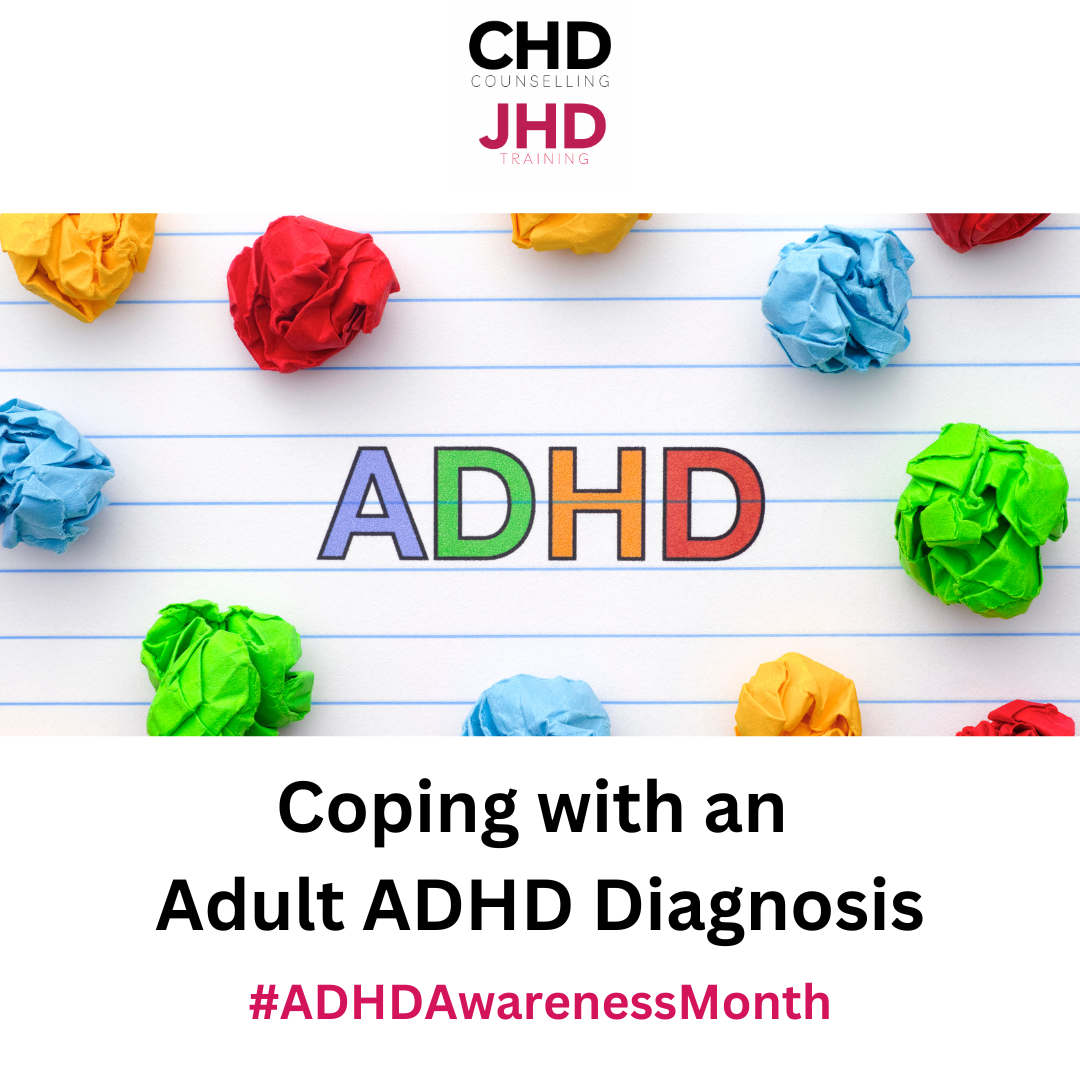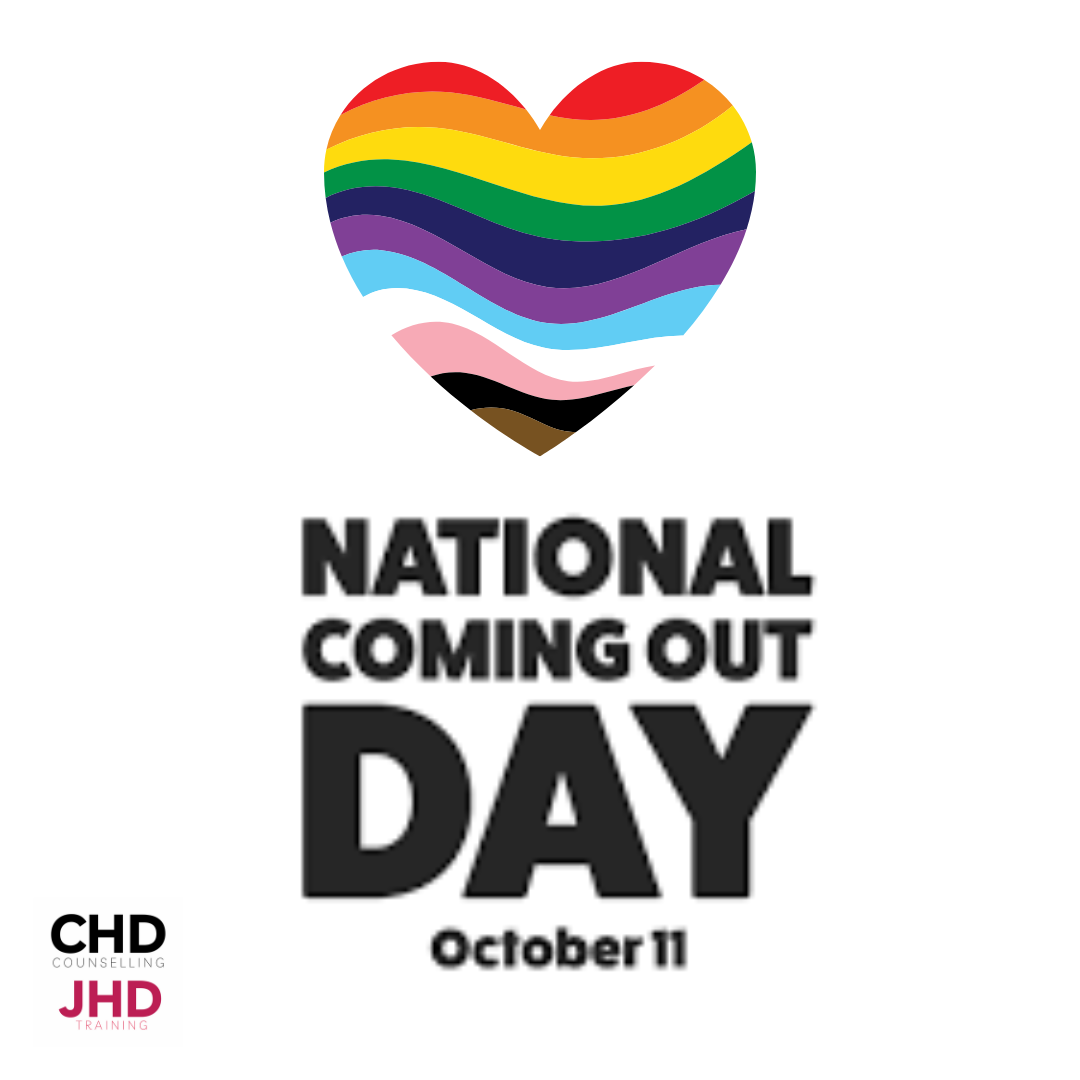Dealing with bereavement grief over the festive period
The festive season – a time for joy, laughter, and togetherness. Yet, for those carrying the weight of grief, it can feel like an unwelcome guest has crashed the party. The twinkling lights and cheerful carols only amplify the absence of a loved one, leaving us grappling with emotions that seem at odds with the merry mood.
Grief doesn't take holidays. It lingers like a shadow, stretching its long fingers across familiar traditions and cherished memories. The empty chair at the dinner table, the unopened gift with their name tag, the echo of laughter that's now a painful silence – these become stark reminders of what's lost, leaving us adrift in a sea of bittersweet emotions.
It's okay to not feel festive. To mourn when everyone seems merry. To crumble as the world carols on. Your grief is real, its weight genuine, and deserves acknowledgment, not suppression.
So, how do we navigate this emotional minefield and find moments of solace amidst the holiday cheer?
Acknowledge the pain: Bottling up emotions only intensifies them. Allow yourself to grieve, to cry, to scream if you need to. Talk to a trusted friend, seek professional help, or write your feelings down. Acknowledging your pain is the first step towards healing.
Reimagine traditions: Traditions hold cherished memories, but they don't have to be rigid. Create new rituals that honor your loved one. Visit their favorite places, share stories about them, light a candle in their memory, or donate to a cause they cared about. Redefining traditions can provide comfort and keep them present even in their absence.
Seek moments of joy: Grief doesn't mean you can't experience happiness. Find moments that bring you a genuine smile – a walk in nature, a funny movie, a cosy night reading. Allow yourself these pockets of joy, for they are not betrayals, but acknowledgements of life's enduring beauty.
Connect with others who understand: You're not alone in your grief. Seek out support groups, online communities, or friends who have experienced loss. Sharing your pain with others who understand can lighten the burden and offer companionship on this difficult journey.
Remember, there's no "right" way to grieve. Allow yourself to feel whatever you're feeling, without judgment. Take care of yourself – prioritise sleep, exercise, and healthy eating. Reach out for help when you need it.
The holidays may be different this year, tinged with sadness and longing. But amidst the glitter and tinsel, find glimmers of hope, moments of solace, and the strength to carry your grief with grace. You are not alone. And within the quietude of your heart, even amidst the festive din, find your own path to finding peace, one gentle step at a time.
This festive season, may we all hold space for both grief and joy, for loss and love, for remembering and moving forward. And may we, in our vulnerability, find the courage to heal and emerge, carrying the light of our loved ones within us, as we step into the embrace of the new year.



